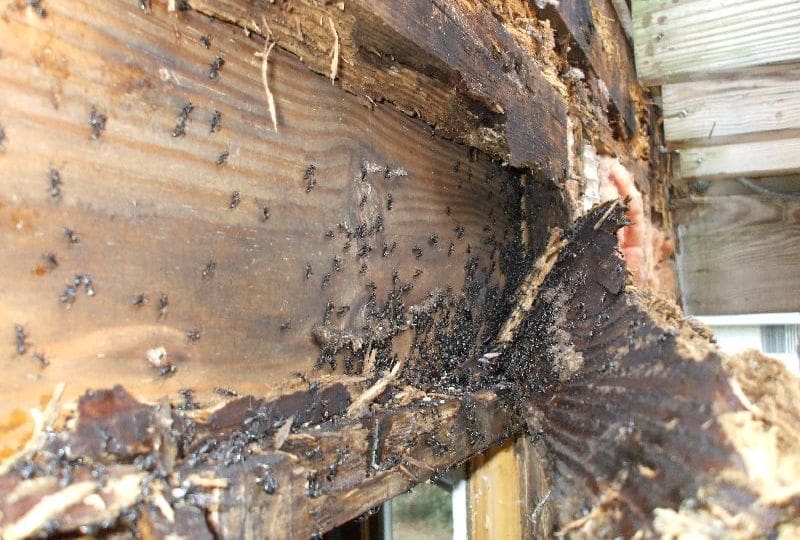
It’s easy to attract pests, and it’s easy to not attract pests to your home. What’s hard is getting rid of pests that have already shown up and decided that your house is their home.
Dealing with pests around your home can be frustrating as they can cause extensive damage and a significant dent in finances. Many people experience this situation, with research revealing that 14 million housing units have roach infestations.
An occasional sighting of a few ants is nothing to worry about, but there’s a significant cause for concern when there is a full-blown infestation. These pests are often found in wall cracks and damp spaces, making it imperative for appropriate ventilation and vapor barriers and insulation to be installed correctly.
In order to keep your home healthy, avoid the following habits that attract pests.

Leaving food out in the open
Food attracts pests. When left in the open, there’s an increased likelihood that insects like ants will find the food. The worrying part of this is that open available food can become memory sources for these creatures, and as a result, they will always return to the same spot looking for food items left uncovered or improperly stored.
The solution is a change of habits. Be deliberate about storing food in airtight containers that ants, roaches, and other pests can’t access. Clean spills promptly to prevent insects from approaching them. Also, don’t leave unwashed dishes overnight, even if they are stacked neatly in the kitchen sink.
Neglecting proper waste management practices
Don’t leave your trash cans and waste uncovered and your bins overflowing with rubbish-filled bags, as your home may become a hotspot for raccoons, rodents, and flies. The smell of decomposing food appeals to pests, and this olfactory draw becomes a lure that they can’t ignore. Therefore, practice regular and proper garbage disposal in your home and ensure that everyone does the same.
If you make your own compost, use sealed bins that won’t leave behind any unpleasant smell. Meanwhile, any outdoor trash you keep around your home should be secured to avoid being knocked to the ground by raccoons. Tidy waste management practices result in fewer pest problems.
Ignoring moisture build-up and leaks
Damp places are excellent environments for mold and mildew. However, research has shown that they are also often pest-breeding grounds in many homes. Termites, silverfish, mosquitoes, and even ants can thrive in such environments. Therefore, please don’t ignore it whenever you notice a tiny leak in an obscure part of your home. It could be the attic, the bathroom, or under the kitchen sink, among others. You’re better off taking prompt measures to avoid a full-blown infestation and structural damage in your home. Some of these measures include making strategic use of tools like ant bait to get rid of growing colonies of these insects.
Admittedly, looking for tiny leaks in obscure places in and around your home can be challenging. For example, a professional can inspect your home for these problems. The first thing would be to repair any plumbing issues to stop leakages. Once that is done, you can take other pest control measures to reclaim your home from these unwelcome creatures. You must be proactive to rid your home of moisture build-up and leaks.
Allowing clutter to build up
One-quarter of U.S. homes deal with clutter daily and about 5 percent deal with hoarding, raising cause for concern. In fact, clutter accumulation creates dark hiding spots for pests who will turn these spaces into their home. Suppose you have several cardboard boxes and piles of newspapers in your attic or basement. Although these items were beneficial in your last move, keeping them can quickly become a problem. Spiders, roaches, rodents, and other pests will revel in such clutter and increase their population.
Therefore, the best thing to do is to declutter your home regularly. Be committed to organizing your storage areas to avoid clutter. It may also be best to donate unnecessary items.
About the Author


